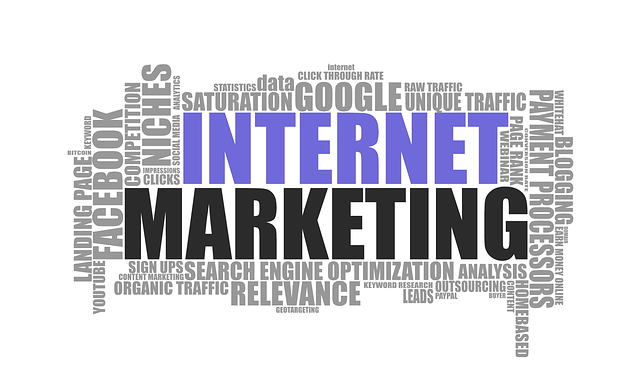AI coaching transforms vehicle repair operations by leveraging artificial intelligence to optimize scheduling, part availability, and technician training. Using historical data, AI algorithms streamline tasks from predictive maintenance to administrative duties, reducing downtime and enhancing customer satisfaction. This innovative approach equips repair teams with efficient tools for growth, empowering employees through personalized training programs based on performance data. As a result, AI coaching boosts productivity, job satisfaction, and overall service quality in vehicle repair businesses.
In the fast-paced world of automotive service, effective team management is key to success. However, traditional methods often struggle with inefficiencies, manual errors, and skill gaps. This article explores how Artificial Intelligence (AI) systems are transforming vehicle repair team management. We delve into the challenges faced by repair businesses, highlighting the significant role AI plays in optimizing processes, boosting efficiency, and driving employee development through innovative coaching techniques. Discover how AI coaching is revolutionizing the industry for good.
- Understanding the Challenges of Vehicle Repair Team Management
- The Role of AI in Optimizing Repair Processes and Enhancing Efficiency
- Implementing AI Coaching for Continuous Improvement and Employee Development
Understanding the Challenges of Vehicle Repair Team Management

Managing a vehicle repair team presents a unique set of challenges. Traditional methods often rely on manual processes, which can be time-consuming and prone to human error. Efficiently coordinating schedules, assigning tasks, and tracking progress across various repairs is a complex task, especially for larger workshops with diverse teams. The dynamic nature of vehicle repair work adds another layer of complexity; unexpected breakdowns or delays in parts delivery can significantly disrupt workflow.
AI coaching offers an innovative solution to these challenges. By leveraging artificial intelligence, vehicle repair businesses can streamline their operations. AI algorithms can analyze historical data and patterns to optimize scheduling and task allocation, minimizing downtime. Moreover, AI-powered systems can provide real-time updates on part availability and potential delays, enabling teams to adapt quickly. This technology ensures that repair processes are not just efficient but also accurate, benefiting both businesses and customers alike.
The Role of AI in Optimizing Repair Processes and Enhancing Efficiency

Artificial Intelligence (AI) is transforming the way vehicle repair teams operate, offering a multitude of benefits to enhance efficiency and streamline processes. By implementing AI coaching in vehicle repair businesses, operations can be optimized from start to finish. For instance, AI algorithms can analyze historical data to predict parts failures, enabling proactive maintenance and reducing unexpected breakdowns. This predictive analysis ensures that repair teams are prepared with the right parts and tools, minimizing downtime.
Furthermore, AI-powered systems can automate administrative tasks, such as scheduling appointments and managing inventory, freeing up valuable time for technicians to focus on complex repairs. Natural Language Processing (NLP) capabilities can also facilitate effective communication between team members and customers, improving overall customer satisfaction. With AI coaching, vehicle repair businesses can achieve a new level of precision, speed, and productivity.
Implementing AI Coaching for Continuous Improvement and Employee Development

Implementing AI coaching in vehicle repair teams offers a powerful tool for continuous improvement and employee development. These intelligent systems can analyze performance data, identify areas for enhancement, and provide personalized training programs to upskill technicians. By leveraging AI, businesses can ensure their workforce stays current with evolving technologies and industry standards, thereby improving overall efficiency and job satisfaction.
AI coaching platforms can offer real-time feedback, simulate complex scenarios, and track progress over time. This not only helps in refining skills but also fosters a culture of learning within the repair shop. Moreover, AI algorithms can adapt to individual needs, ensuring that each team member receives tailored guidance for their specific strengths and areas of improvement, ultimately leading to better outcomes and increased productivity.
AI systems have the potential to transform vehicle repair team management by streamlining processes, enhancing efficiency, and fostering continuous improvement. By leveraging AI coaching, repair businesses can empower their employees with data-driven insights, improve diagnostic accuracy, and optimize work allocation. This not only leads to faster turnaround times and higher customer satisfaction but also contributes to employee development and long-term business success in an increasingly competitive market. Implementing AI coaching for vehicle repair teams is a strategic move towards enhancing operational excellence and staying ahead in the industry.
